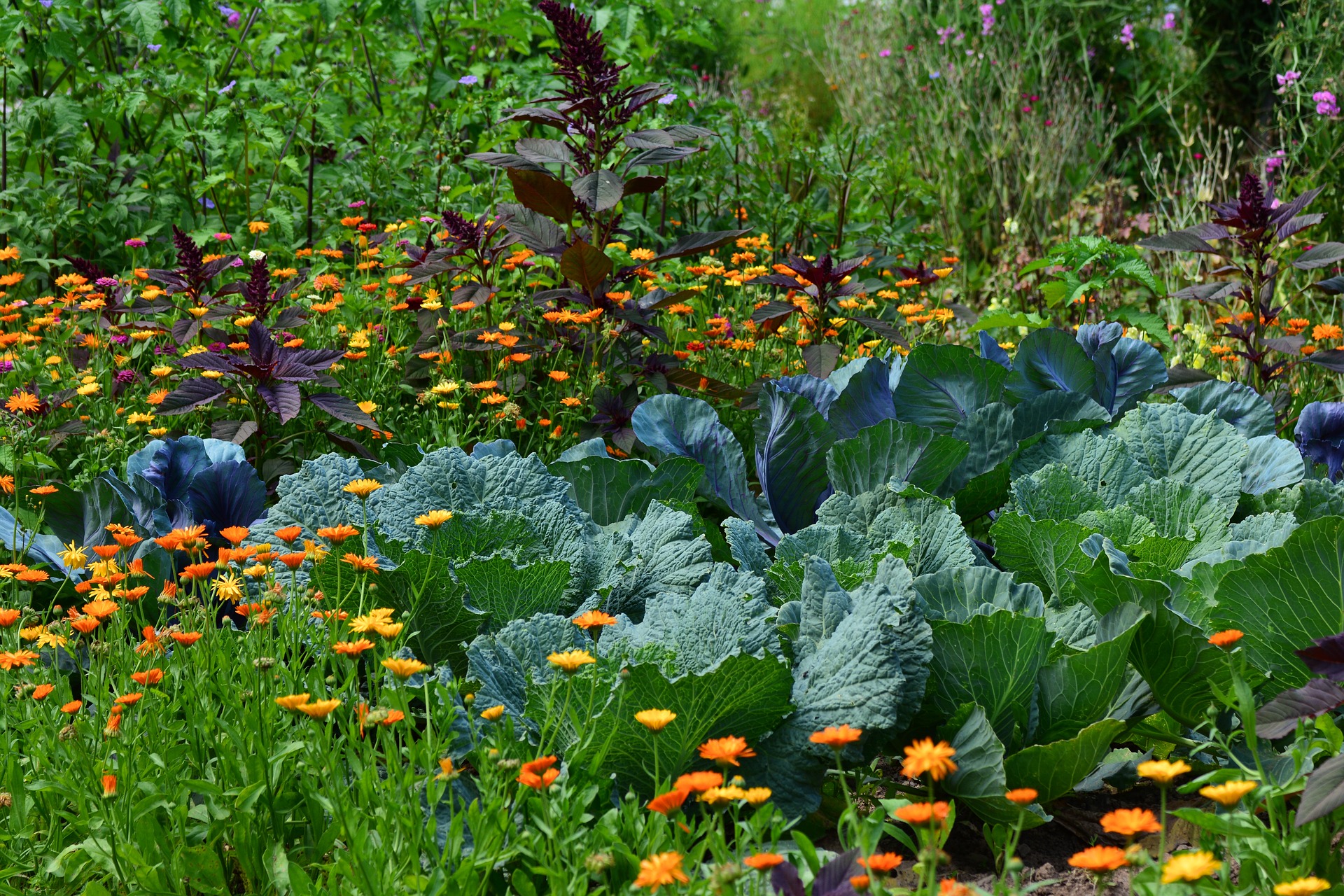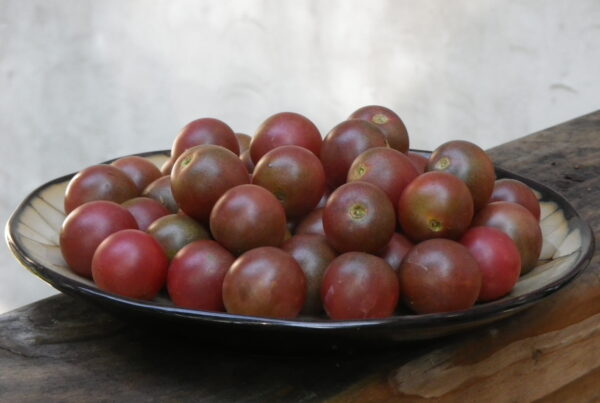Take Action
ARA Co-sponsorship Drive Continues
Our nationwide campaign to recruit Congressional co-sponsors for the Agriculture Resilience Act (ARA), introduced earlier this spring by Rep. Chellie Pingree (D-ME) continues unabated. The ARA is designed to help farmers weather the storms and droughts of climate change, and to help make US agriculture climate-beneficial by 2040. Call your Representative and our two Senators and ask them to co-sponsor the ARA. In Virginia, Representatives Abigail Spanberger (D-7th) and Gerald Connolly (D-11th) have already joined Rep. Pingree as original cosponsors – so those of you in their districts, call them to say Thank you!
CLEAR30 Goes Nationwide
Signup for 2021 is open now through August 6
Do you have a continuous Conservation Reserve Program (CRP) or Conservation Reserve Enhancement Program (CREP) that includes measures to protect the Chesapeake Bay watershed or any other water resources in your locale? If your contract expires this coming September and you would like to continue to protect water quality, the USDA has opened an opportunity for you to enroll in a 30-year contract through the Clean Lakes, Estuaries, And Rivers initiative (CLEAR30). Previously offered only in the Great Lakes region and the Chesapeake Bay watershed, CLEAR30 is now available nationwide. Learn more about CLEAR30 and how to apply.
Other Funding Opportunities
The USDA Conservation Reserve Program (CRP) General Signup for 2021 has been extended through July 23 and includes some improvements to the program adopted by the Farm Services Agency this year. In addition the CRP Grasslands program will be open for signup on July 12 through August 20. The Grasslands pays a minimum of $15 per acre-year to conserve grasslands including pasture and range, maintaining them as grazing lands. Click here for more information on these CRP signups.
The Natural Resources Conservation Service (NRCS) has announced $15 million in funding available for Conservation Innovation Grants (CIG). The 2021 CIG program will prioritize proposals that explore climate-smart water management, soil health for climate mitigation and resilience, nutrient management to protect sensitive watersheds, grazing lands conservation, and ways to increase adoption of conservation systems and practices. Application deadline is July 19.
The USDA has announced $15 million in funding available for the Regional Food Systems Partnership (RFSP) program, which was established in the 2018 Farm Bill as part of the Local Agriculture Markets Program (LAMP). Covid relief legislation added $10 million to the $5 million mandated by the Farm Bill, making for a larger program that can fund more products in 2021. Click here to learn more including how to apply. Application deadline is July 6.
President’s 2022 Budget Increases Funding for Agriculture, Conservation, and Climate Mitigation and Adaptation
When President Biden released his administration’s proposed budget for Fiscal Year 2022, the National Sustainable Agriculture Coalition (NSAC) noted some significant steps in the right direction, beginning with a 16% increase in total USDA funding, including $300 million for climate and conservation programs, on-farm renewable energy production, and a new Civilian Climate Corps. Research fares especially well, with both SARE and the Agriculture and Food Research Initiative (AFRI) funded at their full authorized amounts of $60 million and $700 million, respectively.
Other News from National Sustainable Agriculture Coalition (NSAC)
VABF joined 450 other organizations in signing a letter to Congress asking for a $200 billion investment under the America Jobs Plan in making US agriculture both climate friendly and climate resilient. This investment would fund many of the initiatives and programs mandated by the bicameral Agriculture Resilience Act (H.R. 2803 and S. 1337) and Climate Stewardship Act (H.R 2534 introduced by Virginia’s own Representative Abigail Spanberger, and S. 1072) to help farmers and ranchers adopt mitigation and resilience practices, market products through resilient local and regional supply chains, and generate on-farm low-carbon renewable energy. This investment would greatly expand USDA conservation and research programs with an emphasis on climate solutions through soil health and other sustainable agriculture practices.
In a virtual briefing on May 6, Members of Congress and their staff heard from four farmers who have utilized Sustainable Agriculture Research and Education (SARE) funding to improve their soils with cover cropping and grazing practices, research and demonstrate improved berry production, and provide vital education and outreach to minority and limited resource farmers. Co-sponsored by NSAC and SARE, this event aimed to build support for full funding of the SARE program at its authorized amount of $60 million per year, as requested in the Biden Administration’s proposed budget for Fiscal Year 2022.






